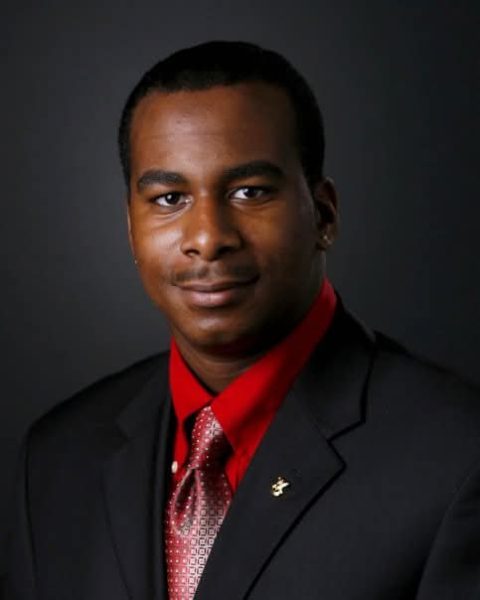Nicholls alumnus to argue case before Supreme Court
Photo by: Submitted Photo
1983 Nicholls alumnus Mark Plasiance will argue a legal case, Henry Montgomery vs. State of Louisiana, before the U.S. Supreme Court in the fall.
Thibodaux attorney Mark Plaisance, a spring 1983 mass communication graduate, likes to write, especially writs of certiorari, one of which was granted last week. That means he will argue a legal case, with national implications, before the U.S. Supreme Court in the fall.
In its 2012 Miller v. Alabama 5-4 decision, the U.S. Supreme Court ruled that the Eighth Amendment prohibits a sentencing scheme that mandates life in prison without parole for a murderer under the age of 18.
Plaisance’s case, Henry Montgomery vs. State of Louisiana, argues that the Miller decision be applied retroactively.
Montgomery, nearly 70, has been in Angola State Penitentary since 1963 for having murdered an East Baton Rouge law-enforcement officer 11 days after Montgomery turned 17 years old.
In its Miller decision the high court said nothing about its ruling being or not being applied retroactively. Plaisance argues the ruling should apply retroactively to benefit Montgomery, since the Miller decision made a substantive change in the law.
Justice Elena Kagan, writing for the majority in the Miller case, said that sentencing “should include consideration of a child’s chronological age and its hallmark features, such as immaturity, impetuousity and failure to appreciate risks and consequences” among other factors. Justices Stephen Breyer, Ruth Bader Ginsberg, Anthony Kennedy and Sonia Sotomayor agreed with her.
Plaisance turned to the nation’s highest court after the Louisiana Supreme Court voted 6-1 to deny the Montgomery writ based on the Miller ruling. The decision was announced in June of last year. Chief Justice Burnette Johnson in her dissent said that the Miller ruling “announced a new rule of criminal procedure that is substantive and consequently should apply retroactively.”
Plaisance, who argues that child status matters and should be considered retroactively, says his writ to the U.S. Supreme Court was “perfectly timed” because the Miller case has been applied retroactively in some states and not in others.
The Thibodaux attorney learned that his writ had been granted by the high court when its Mar. 23 website listed only one writ that had been granted – his – and hundreds that had been denied. One analyst, under the title “A Breakdown of a Well-Written Question Presented,” praised Plaisance’s writ for its brevity, for presenting a question that can be answered yes or no, for avoiding an overly argumentative tone and for its persuasive language.
Plaisance expects the court to send him a notification by July setting the matter for argument in October. If Plaisance wins the case, Montgomery and about 2,300 inmates nationwide will have a shot at getting parole since the Miller case will be applied uniformly and retroactively across the nation to juveniles serving life-without-parole sentences for murders committed before they were 18.
Plaisance’s law practice, which focuses on appellate work, allows him to write dozens of writs for the East Baton Rouge Office of Public Defender, federal criminal defendants and private clients in both civil and criminal matters.
Plaisance recently became chief public defender for Lafourche Parish.
In addition to his Nicholls journalism degree, Plaisance holds an associate business degree. Upon graduation, he worked in various capacities for the Daily Iberian for almost four years. In 1987 he became publisher of the Louisiana Suburban Press, which included five Baton Rouge-area weekly newspapers.
He completed his law degree at Louisiana State University in 1994 and served as Baker city judge from 2003 to 2008. He and his wife, DesLey Plaisance, a member of the Nicholls mathematics faculty and Director of University Graduate Studies, are the parents of a son, Marcus, a Baton Rouge attorney.







